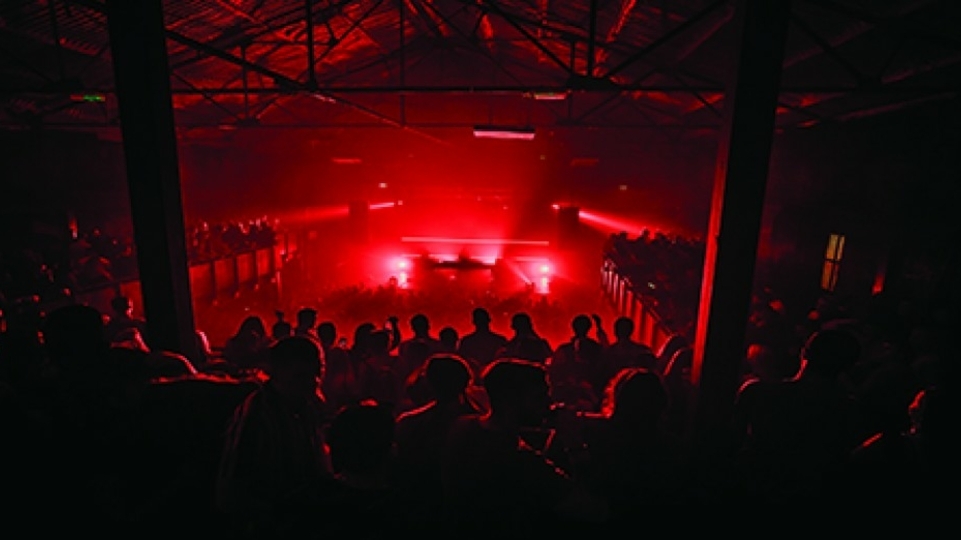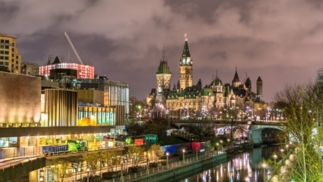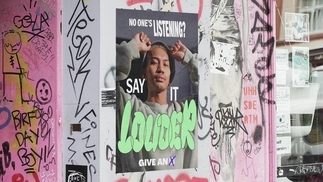UK nightlife faces “extinction” without immediate government action, MPs told
A recent inquiry examined written submissions from hundreds of businesses and local authorities

MPs have been warned that UK nightlife faces “extinction” without immediate government action.
In January this year, it was announced that COVID-19’s impact on UK nightlife would be investigated in a new inquiry led by Westminster's newly formed All-Party Parliamentary Group (APPG), chaired by Labour MP Jeff Smith, who has previously worked in the nightlife sector for several years. All night time economy businesses, workers and consumers were asked to share experiences and opinions on the huge problems currently faced by the sector amid the pandemic.
Today (18th), the APPG published the results of the inquiry, which received over 20,000 responses, and have warned the government that the UK's nightlife is on the brink of extinction without additional support. In the key findings of the survey, which were compiled by the Night Time Industries Assocation, the inquiry found that 85% of people working in the night time economy are considering leaving the industry, and that 78% of workers within the sector had, at some point in the last 12 months, been furloughed.
The NTIA also highlighted the fact that on average, businesses in the night time economy had been forced to make 37% of their total workforce redundant, and that in the second half of 2020, clubs and music venues traded at an average of 28% of their pre-coronavirus turnover. Elsewhere, the report noted that only 36% of self-employed night time economy workers were able to access the UK’s Self-Employment Income Support Scheme (SEISS), which commenced in March last year, and was significantly reduced in September.
“Our world-leading night clubs, pubs, bars, and live music venues are cornerstones of our communities," Smith said. "They drive so much economic activity both locally and nationally, and bring hope, joy and entertainment to millions across the UK. Our findings today reveal this industry is on its knees, in desperate need of additional support from the Government and a concrete plan for reopening.
"Without these interventions, many of these viable businesses will go under, leaving city and town centres resembling ghost towns. If the Government is serious about its ‘levelling up’ agenda it must act now to save this sector and avoid untold damage to the social fabric of this country.”
The NTIA estimate that the Night Time Economy contributes £66 billion per year to the UK economy, accounting for 1.3 million jobs and 8% of the UK’s total workforce, and CEO Michael Kill said that the results of the inquiry "confirm the devastating impact that the pandemic has had on UK nightlife."
“Every day I speak with the dedicated people that make up this industry," he continued, "from artists to engineers, bar staff to security, and production to promoters – they have shown great resilience in the face of adversity.
But resilience only gets you so far without the required support. We need more assistance and a detailed plan for reopening now. Otherwise, much of what defines a night out in the UK will be lost forever.”
You can read the full report from the APPG here.
Earlier this month, the NTIA independently surveyed over 100 clubs about the current struggles they are facing, primarily the lack of appropriate financial support, and an unclear exit strategy for reopening venues. Of the 100 nightclubs surveyed, which included London's Egg, Sub Club in Glasgow, and Hangar, the NTIA found that 88% of clubs in the UK are in over two months worth of rent arrears, 86% had been forced to make redundancies — with over 65% making over 60% of their workforce redundant before the end of 2020 — and 43% had still not recieved any kind of financial support or grant from the government.
This week, Prime Minister Boris Johnson addressed the nation in a coronavirus briefing, and suggested that "rapid" coronavirus testing could be used by "those parts of the economy we couldn't get open last year". The list of venues that closed for the majority of 2020 also included pubs, bars, food and drink venues, cinemas, theatres, concert, bingo halls, spas, indoor leisure centres, gyms, casinos, betting shops, museums and galleries.






